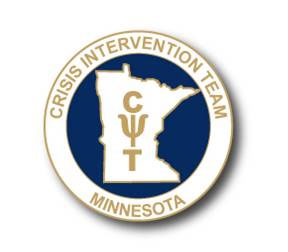Crisis/ Hostage Negotiation: Level 1 (Basic)
Presented by: Crisis Systems Management, LLC
Hosted by: Airport Police Department
November 26 – 30, 2018, 8AM – 5PM. $495
To register, click here.
COURSE OVERALL LEARNING GOAL:
Crisis/Hostage Negotiation – Level I (Basic) addresses the fundamental tasks of a successful crisis negotiator. This course will prepare you to work as part of a coordinated negotiation team and handle a variety of crisis situations including hostage takers, barricaded subjects, and potential suicide victims.
The effective application of active listening skills and the Behavioral Influence Stairway Model will be discussed at length and Re-emphasized throughout the progression of all three courses. You will learn the different phases of the negotiation process, from the introduction to the surrender, and specific strategies and techniques to be used along the way. We will discuss when negotiation may not be the best solution, what items are negotiable and non-negotiable, and what to do in non-response situations.
The management of intelligence and information is a critical aspect of mitigating any law enforcement threat and you will learn specific techniques for managing the flow of information during a crisis.
You will also gain a basic understanding of the psychological motivations of persons in crisis and learn to recognize the characteristics of emotionally disturbed persons. You will learn about the personality disorders which are most commonly encountered during a crisis incident as well as strategies for affecting a positive outcome Challenging, team-oriented, scenario-driven practical exercises are an integral part of the course and will allow you the opportunity to practice and refine your crisis negotiation skills.
This course is open to all members of law enforcement and corrections, dispatchers, mental health professionals supporting law enforcement operations, and chaplains supporting law enforcement operations.
Regarding Registration:
Contact Bobby Schembre at (573) 864-5031 or email bobby@crisisnegotiation.us
Regarding Curriculum:
Contact Deb McMahon at (417) 594-1499 or email crisisnegotiation@gmail.com
Regarding Training Site:
Contact Tanis Ford at (612) 467-0707 or email Tanis.Ford@mspmac.org
To view the course flyer PDF, click here: Minneapolis Level I Flyer 112618


